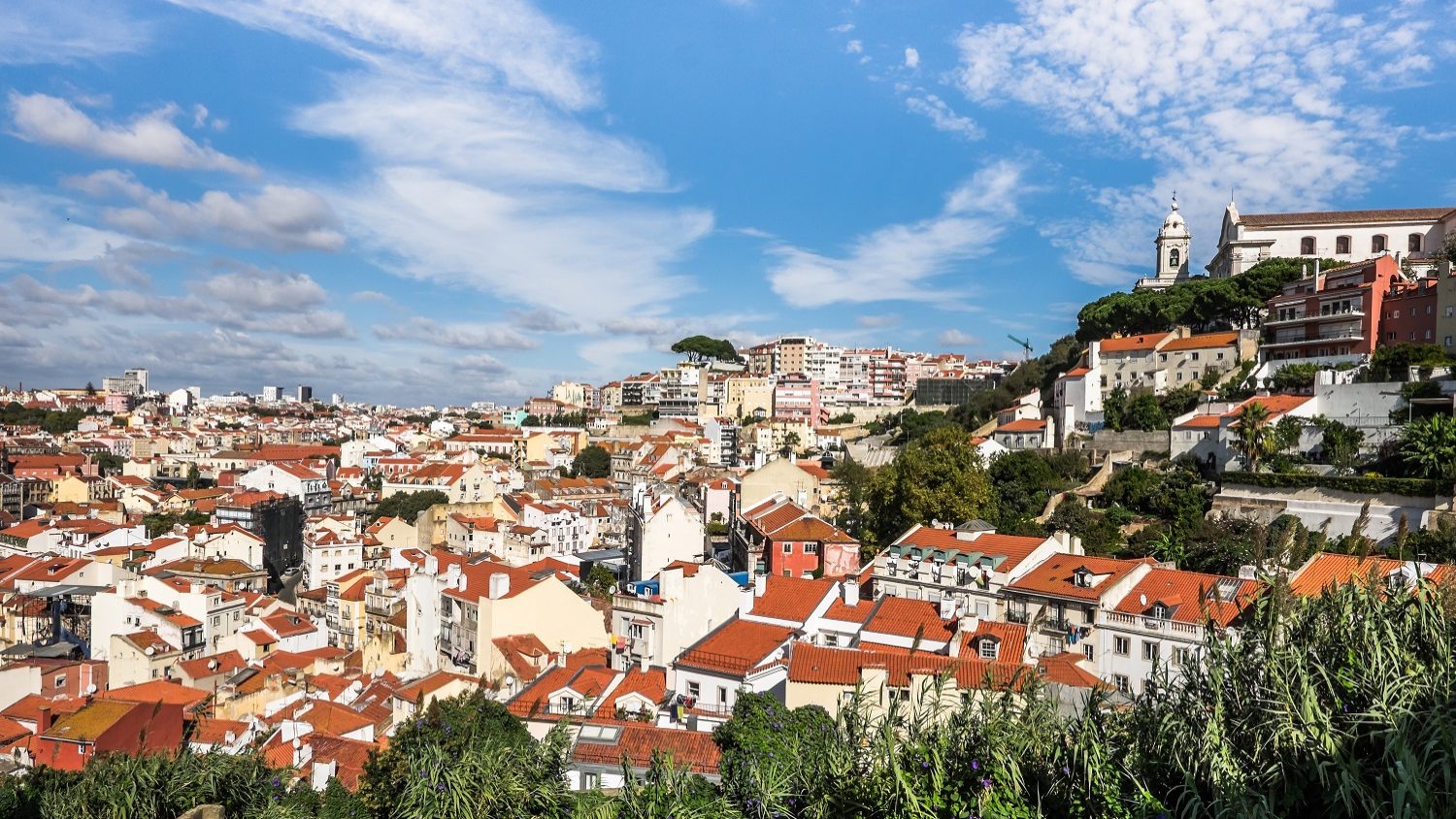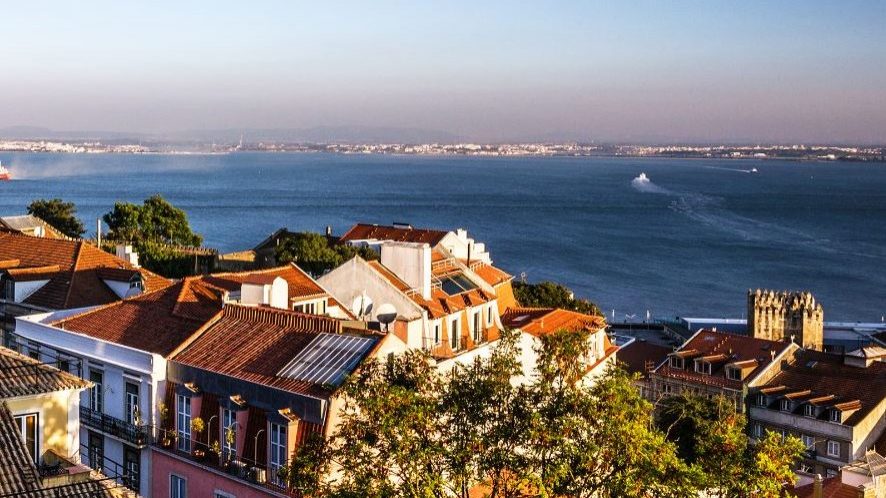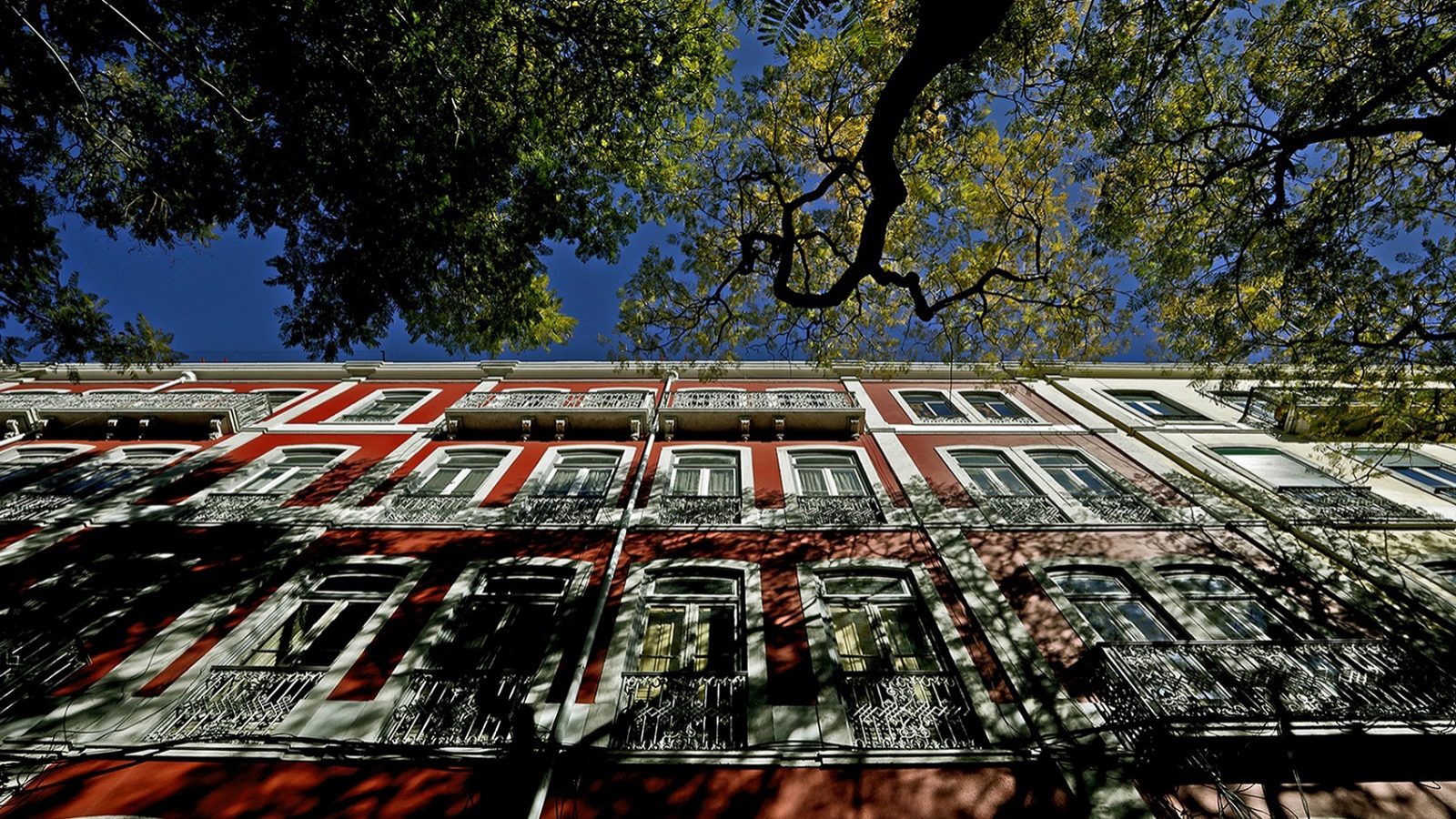Lisbon ranks 106th in world cost of living study
The ranking that compares costs of over 200 items at each location, including accommodation, transportation, food, clothing, household goods and entertainment, is led by Hong Kong, in China.
Lisbon is the 106th most expensive city in the world in terms of cost of living, down 11 places in the ‘ranking’ from last year in a Mercer study released on Tuesday.
According to Mercer’s global Cost of Living Survey for 2019, Lisbon “dropped 11 places in the ranking, ranking ahead of cities like Luanda, which was in first place in 2017.”
Luanda is the 115th most expensive city in the world in terms of cost of living, down 89 places from last year (26th).
In the ‘ranking’ now released, Hong Kong maintains the position of the most expensive city in the world, as opposed to Tunis (Tunisia), the least expensive city.
Hong Kong is in the top ranking of the most expensive cities for expatriates, followed by Ashgabat in Turkmenistan, which ranks second.
Tokyo and Zurich remain in 3rd and 4th places respectively, while Singapore, which occupies 5th place, has dropped two places compared to 2019.
Other cities in the top 10 are New York (5), Shanghai (7), Bern (8), Geneva (9), and Beijing (10).
The least expensive cities for expatriates are Tunis (209), Windhoek, Namibia (208), and Toshkent (Uzbekistan) and Bishkek (Kyrgyzstan), which rank 206.
The study also concluded that the price of petrol in Lisbon (1.61 euros per litre of 95 octane petrol) is one of the highest considering the other cities in the ‘ranking’.
On the other hand, compared to the most expensive city in the ranking, the average price of cleaning products, which includes antiseptics, household cleaning products or detergent for dishwashers, Lisbon has an average cost of 32.90 euros and in Hong Kong it is 37.80 euros.
Data from the study was collected in March by Mercer, which concluded that price fluctuations in many regions were not significant due to the Covid-19 pandemic.
The study includes more than 500 cities around the world, with this year’s ‘ranking’ of 209 cities across five continents and looks at and compares the costs of more than 200 items at each location, including housing, transportation, food, clothing, household goods and entertainment.
Mercer’s study concludes that “a number of factors, including exchange rate fluctuations, the cost of inflation for goods and services, and the volatility of housing prices, contribute to the overall cost of ‘expatriate packages’ for employees on international assignments.


